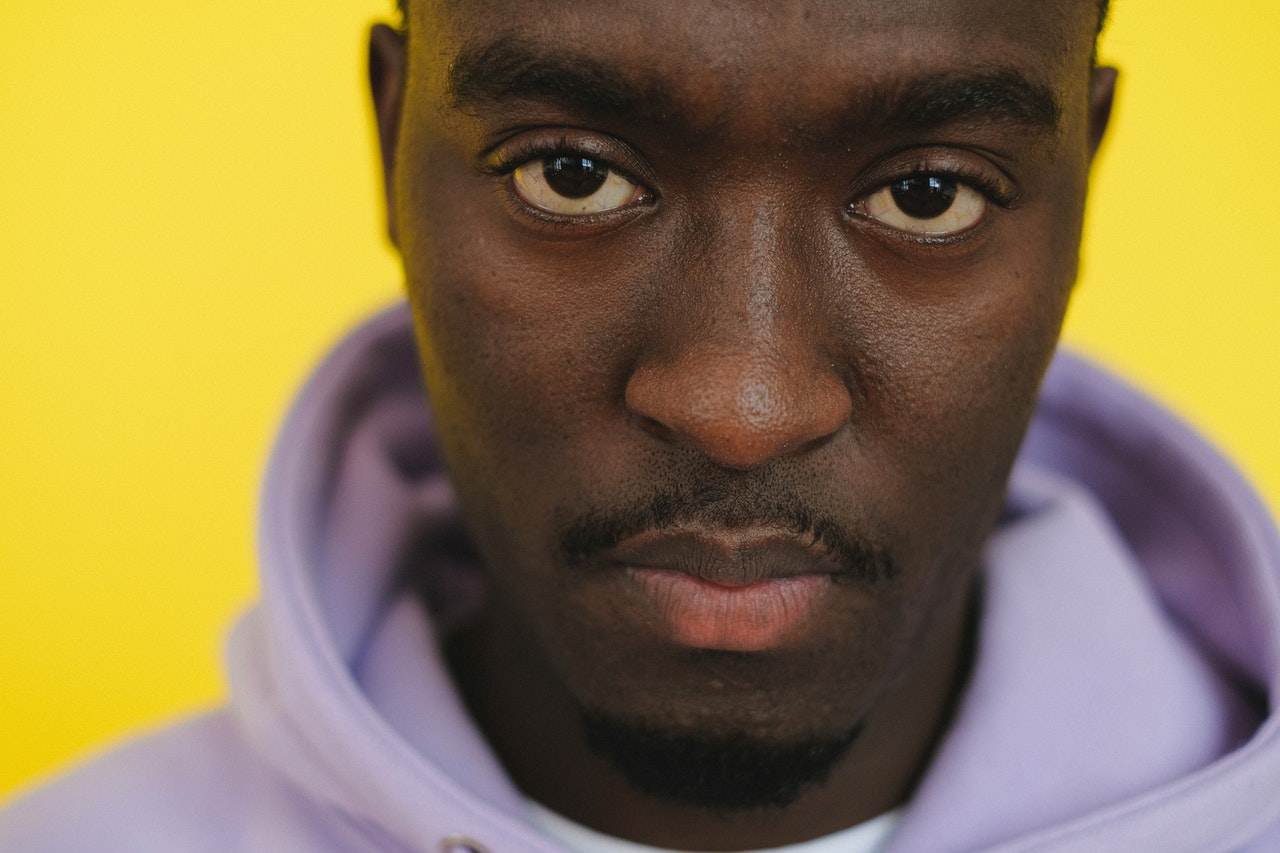I saw enormous pain this weekend in #Buffalo.
I saw weeping and fury and despair and the dull feeling that comes after having had to feel too many things too much for too long.
It’s a breaking point. I have my Black siblings asking us—asking me—why do people not love us and believe in us and want the best for us? What is it about us that so drives the fear in you wyte people?
It’s hard to have a response that doesn’t sound canned or isn’t just empty words. (And believe me, friends, that nearly 100% of the words spoken by us wyte people to our Black siblings are gongs and symbols and sounds, signifying nothing.)
The response isn’t to explain the why. They understand the why. The response they are seeking is “where are you? You have a responsibility to be what your words claim to be. When are you going to bear that responsibility and show us?”
One of my Black siblings posted a statement about this, asking for us, her wyte siblings, to see her, to see Black people, to connect with them, human to human, heart to heart, and feel with them that overwhelming sense that there is no bottom to the murderous intent and actions of those around them.
The very first response was from a wyte woman who was angry that “all wyte people” are being blamed, and that my friend, my sibling, my family, needed to temper her statements because it was unfair to wyte people to treat us all the same, as potential agents of their destruction, when some, if not many of us wyte people, have very good intentions.
I’ll admit I might have overstepped in my response. I did get quite angry at that kind of thinking, that somehow because “I haven’t actually called you the n-word” is the instantiation of friendship, solidarity, and understanding.
Friends, I’m here to tell you that it is not that. That is not enough. That is just barely meeting the bar of “not openly, sneeringly racist.”
My response is as follows:
Wyte people who feel miffed by such a statement, that wyte people need to love us Black people, should take a few minutes to step back and think two things: 1) Am I making this about me again? and 2) Am I listening to and empathizing with my Black siblings?
Essentially we have a responsibility to our neighbor. We have the direct commands of Jesus and we have the example of Jesus.
We as wyte people in general and in many ways specifically are not loving our Black siblings.
I’m not talking about the good feelings we hold. I’m talking about the love that Jesus demonstrated and that Jesus told his people was the way to follow him.
Notional love of Black people isn’t cutting it. Sitting back in satisfaction with the opinion “well, at least I’m not doing anything overtly racist” isn’t cutting it. Doing the same things of passive inaction and criticism targeted at those who are trying to effect change at the broad scale isn’t going to achieve different results.
If you are friends here with my sibling—if you have any idea of what it means to be connected to people who have lived under the threat of wyte supremacy and wyte power—then you’d take what she says here with full understanding of who she is and what she means when she says this.
She’s calling out to you, a friend, to listen to her and love her.
Maybe you could do that. We can all do better by doing that.
It continually amazes me to see wyte people say that they have “Black friends” as if they’re doing someone a favor. Because there is not a single thing that wyte people provide that Black people need. Friendship isn’t based upon compensation or transaction. Friendship is based upon mutuality and shared meaning.
And if you’re thinking that you’re granting favor to your “Black friend,” but only as long as they don’t say something uncomfortable that you think is directed squarely at you—well, I am going to break the news to you that you have no Black friends.

